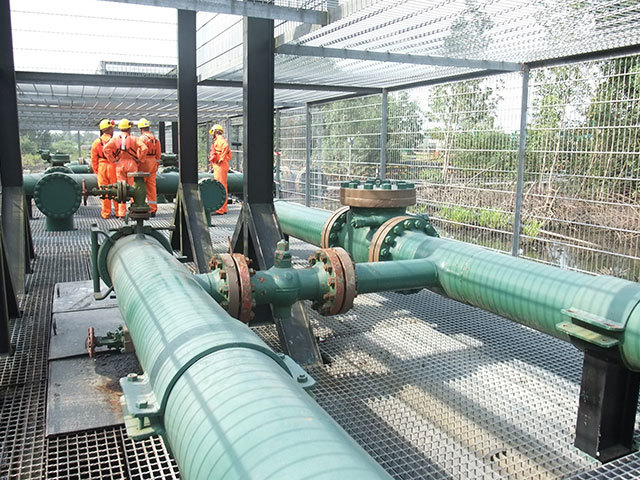
In 2008, painfully aware of the need to revamp the workings of the oil sector in Nigeria, the Obasanjo Government took the decision that the regulatory framework of operations in the sector needed to be better clarified and aligned. To do so, it sought to introduce umbrella legislation in the sector, popularly described as the Petroleum Industry Bill (PIB). At the time, I had led the Aiteo Group, a growing indigenous energy entity, for some eight years. It was a period of considerable growth for Aiteo within which it had established itself as a major player in the energy space in Nigeria.
Eight years later, whilst Aiteo has since grown, exponentially, the development of the oil sector in Nigeria has been stunted by a number of intractable features. Compounding this situation has been the failure, by successive governments, to bring the PIB into affect. Stuck in Nigeria’s legislative corridors for years, the void it has created continues to affect the progress of the sector against the most challenging corrosion of its global commercial viability. This year, courtesy of a heavily diluted version of the PIB, the much-awaited legislation now appears to be progressing the legislative approval needed to become law. The harsh reality is that the subsisting inability of successive governments to pass the PIB has become a source of inexplicable embarrassment to the country as a whole. The gap created by this omission has predictably made the country far less prepared for the downturn in the fortunes of the sector which, given Nigeria’s dependence on oil, has had major consequences for the country’s economy.
There are several aspects of the contracted Bill with which I agree – freeing up the exploration market, deregulating the downstream sector, making the NNPC commercially viable. There are others that I do not. Whichever version of the Bill finally makes it into law, the legislation will have critical implications for many operators, particularly those in the Upstream sector. The ambiguity that currently pervades the sector with stakeholders not knowing which regime will regulate participation has had dire consequences for the industry as a whole. Until the Act comes into full, formal existence, investment in the sector will continue to be severely affected. This arises principally from the absence of investment confidence and certainty around the circumstances will regulate inward investment.
With the current global downturn in oil, this legislative dithering is effectively turning a bad situation into a disastrous one. Additional revenue streams for the country identified and now incorporated into the PIB will continue to elude government, directly impacting funding budgetary obligations. The passage of the Bill is critical to engendering investment interest; and as long as the Bill is not passed, this certainty will remain farfetched. With the agreement between OPEC and non-OPEC countries in place, if this Bill is not passed soon, Nigerian oil sector will continue to stagnate when it could be booming once again as oil prices continue an expected ascent from their dismal position of the last two years.
Some would downplay excitement about the prospect of higher oil prices in 2017 in Nigeria. A recent analyst poll carried out by Reuters after the OPEC deal predicted that average Brent crude futures would be just over $57 a barrel in 2017. But a potentially muted response to the OPEC deal would be an absurd excuse not to inject a higher degree of certainty back into Nigeria’s oil sector when it is so clearly within the country’s grasp. It is important that the executive and legislature reacts to the developments in the sector by putting in place the fiscal framework to encourage and attract continuing investment. An ideal starting point will be to work together, expeditiously, to pass the PIB.
Yes, there remain issues in Nigeria which may affect the impact of stability and increasing oil prices in 2017. Better management of the circumstances around activities of militant forces in the Niger Delta remains a considerable challenge to government and one that must be managed decisively and sensitively. Nigeria felt the impact of this situation by the loss, over prolonged periods, of as much as two thirds of production capacity. The magnitude of this situation should not be understated especially the role of and benefit to host communities. It would be a mistake to treat this situation lightly or with levity.
Inevitably, passing the PIB would be a critical forward step to injecting both impetus and momentum in remodeling Nigeria’s Oil Sector. The Government must, in 2017, expedite, prioritise and conclude this process as a critical step to building a thriving investment climate in Nigeria’s energy sector.
Benedict Peters is the CEO of Aiteo Group, Nigeria.
Recommended for you
